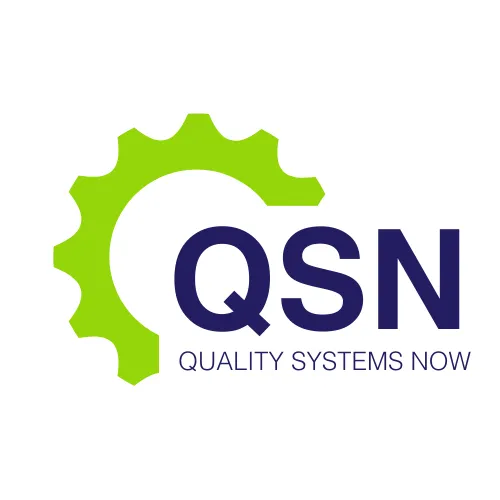LATEST NEWS

What is Good Manufacturing Practice (GMP)?
Good Manufacturing Practice (GMP) outlines a framework of principles and procedures essential for ensuring the quality of therapeutic goods.
A core tenet of GMP emphasizes that:
Quality cannot be verified solely through testing at the end of production.
Instead, quality must be ingrained into each batch throughout the entire manufacturing process.
Different categories of therapeutic goods, such as medicines and human blood and tissues, adhere to specific GMP codes. Medical devices follow a distinct system called conformity assessment to uphold quality standards.
Inspections play a vital role in upholding GMP standards. Australian manufacturers of medicines and biologicals must hold a manufacturing license, demonstrating compliance with relevant GMP codes, often through on-site inspections.
At Quality Systems we help organisations to master the Good Manufacturing Practice framework - contact us for a talk to find out more.
Similarly, overseas manufacturers supplying medicines to Australia must meet acceptable GMP standards. Failure to provide satisfactory evidence of GMP compliance may lead to on-site inspections by the Therapeutic Goods Administration (TGA), similar to those conducted for Australian manufacturers.
Manufacturing therapeutic goods for human use without proper licensing or certification, unless exempt under the Therapeutic Goods Act 1989, constitutes an offense in Australia.
GMPs are the regulations and quality standards that ensure each therapeutic good company has a comprehensive system of processes, procedures, and documentation to ensure the consistent production and control of therapeutic products.
The core tenant of GMP is to ensure product quality, efficacy and patient safety.
Key areas covered by GMP regulations include:
Quality management
Sanitation and hygiene
Infrastructure and facilities
Equipment
Raw materials
Personnel
Validation and qualification
Handling of complaints
Documentation and record-keeping
Conducting inspections and quality audits
The five principles of GMP
Emphasizing the following five principles of GMP, known as the "5 P's," is crucial for ensuring compliance with rigorous standards across the entire production process.
People: All personnel are expected to strictly adhere to manufacturing processes and regulations. Each employee must undergo current GMP training to fully grasp their roles and responsibilities. Assessing their performance not only boosts productivity and efficiency but also enhances competency.
Products: Thorough testing, comparison, and quality assurance are mandatory for all products before distribution. Manufacturers must ensure that primary materials, including raw products and components, have clear specifications at every production phase. Standardized methods should be followed for packaging, testing, and allocating sample products.
Processes: Documentation of processes should be thorough, clear, and consistent, distributed to all employees. Regular evaluations are essential to ensure compliance with current processes and meet the organization's required standards.
Procedures: Procedures outline guidelines for critical processes to achieve consistent results. They must be communicated to all employees and followed consistently. Any deviations from standard procedures should be promptly reported and investigated.
Premises: Cleanliness is paramount on the premises to prevent cross-contamination, accidents, or fatalities. All equipment should be appropriately placed, stored, and regularly calibrated to ensure consistent results and minimize the risk of equipment failure.
